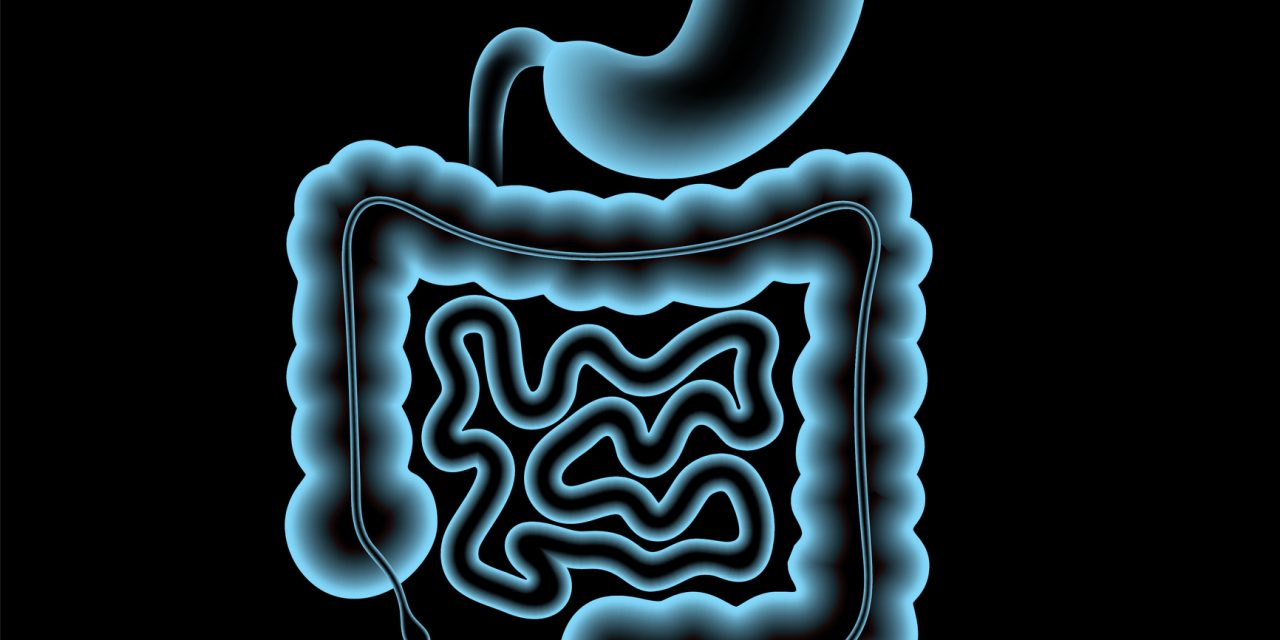Recently, there has been a lot of interest from families and healthcare practitioners in using blenderized tube feedings (BTF). Despite the fact that many institutions provide this dietary alternative, there is a paucity of evidence demonstrating results and safety. A retrospective chart study of pediatric patients receiving BTF at Rutgers-Robert Wood Johnson University Hospital was conducted. Before and after BTF, demographic and nutritional data were gathered. Diet reasons, symptoms, and anthropometrics were all documented. Physician documentation and appropriate drug adjustments were used to assess adverse occurrences and outcomes. BTF was given to 35 patients. The ages of those who began BTF ranged from one to nineteen years. The duration of follow-up ranged from one to 45 months. Gastroesophageal reflux disease was the most common reason for beginning BTF (GERD). Before beginning BTF, almost all patients were taking medicines for GERD, constipation, or gastrointestinal dysmotility. The majority of patients improved in relevant symptoms, and 13 of 33 patients on gastrointestinal medicines were able to wean or discontinue treatment. BMI z scores did not alter before and after the start of BTF. There were no significant life-threatening adverse effects discovered.
Our findings show that BTF is a safe dietary intervention that may help pediatric patients with gastrointestinal problems. More prospective research is needed to assess the safety and effectiveness of BTF with commercial formulas in pediatric patients.


